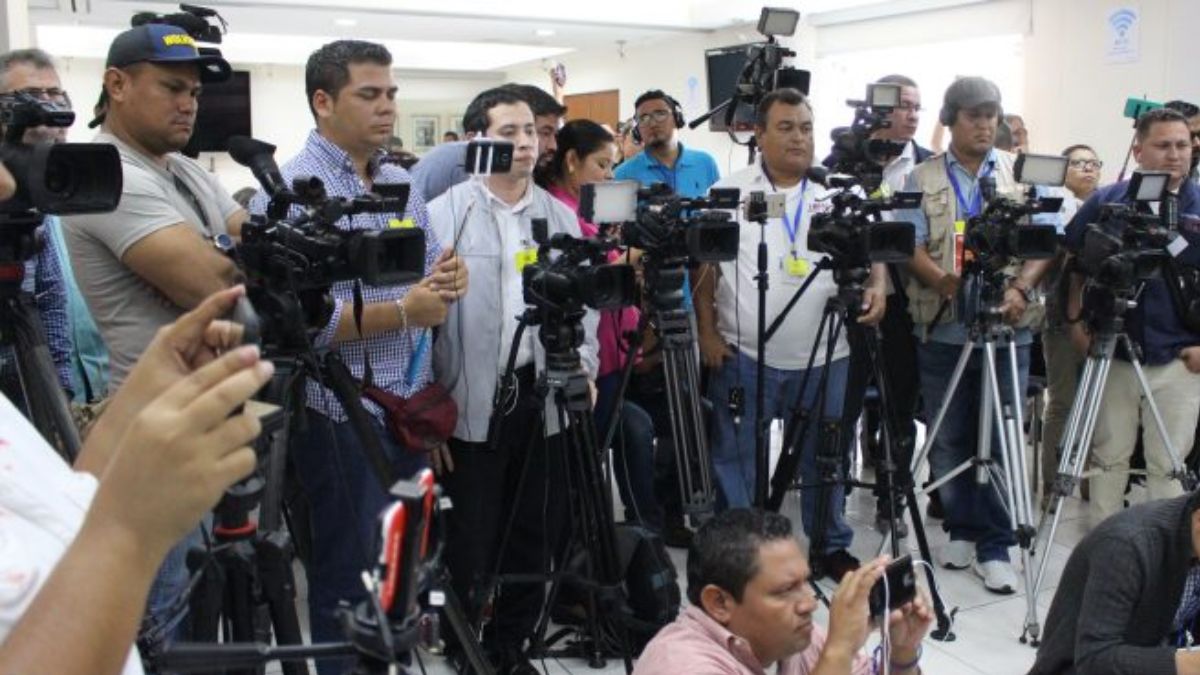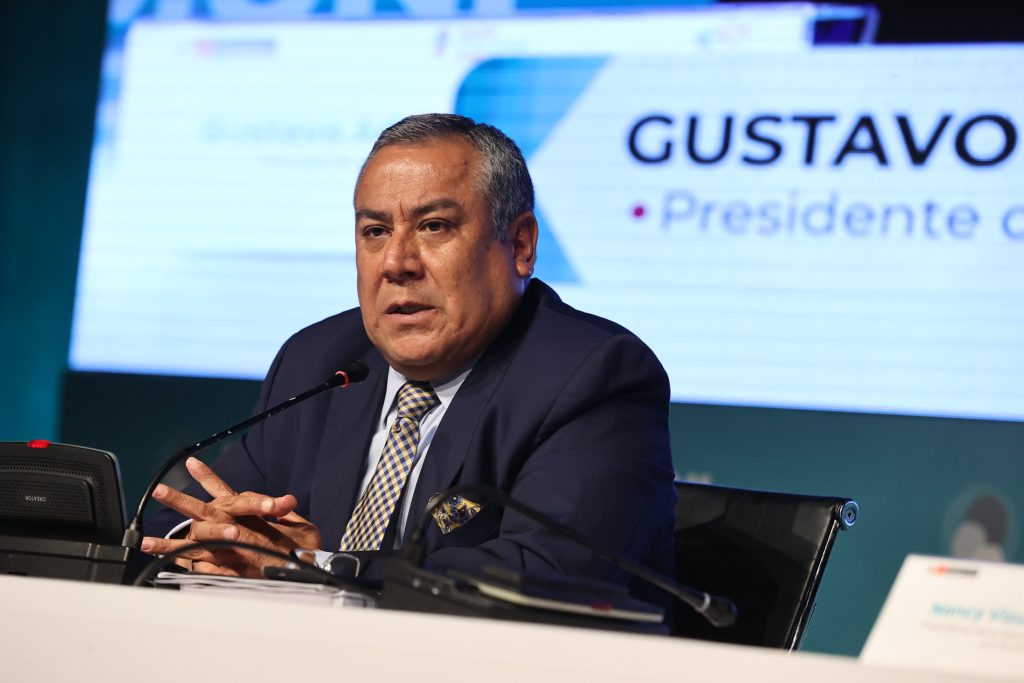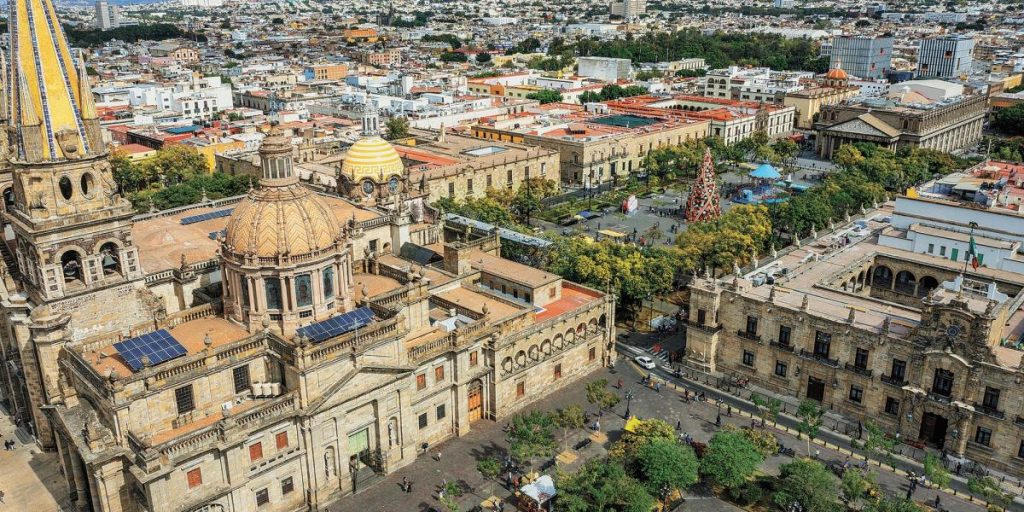At least 46 journalists had to leave Nicaragua for exile in 2024 and four were detained, according to a report published this Monday in Costa Rica by the NGO Foundation for Freedom of Expression and Democracy (FLED).
The four captured were Fabiola Tercero, in “unknown whereabouts” since her arrest and search of her home in July 2024; Henry Briceño, later “expelled” to Costa Rica with his family; and Leo Cárcamo and Elsbeth D’Anda, both in prison, according to FLED.
“In the last months of 2024, the government intensified its repression through forced disappearances, banishments and arbitrary arrests directed against independent media and journalists,” commented the NGO, which operates from exile in Costa Rica.
Related news: 283 Nicaraguan journalists have been forced into exile since 2018
At the end of 2024, there are 283 media professionals forced into exile “to protect their lives and those of their families” since the anti-government protests of 2018, highlighted the FLED in its report, titled “Independent press in Nicaragua: 2024, resilience and courage in the face of state repression.”
A week ago, the Inter-American Court of Human Rights, based in San José, asked the Nicaraguan government to “immediately” release Cárcamo, detained last November.
That same month, D’Anda was captured after he reported on a local television channel about increases in food prices.
The situation of the press worsened in Nicaragua after the 2018 protests that left more than 300 dead in three months, according to the UN, and which the government of Daniel Ortega and his wife, Vice President Rosario Murillo, consider an attempted coup d’état. . orchestrated by Washington.
Related news: Repression and violations of press freedom forced nine other journalists to go into exile
Ortega reformed the cybercrime law in 2024, which increased penalties and opened the way to convict people for publications on social networks.
Furthermore, a reform to the Constitution approved by Congress establishes that the State will “monitor” the press and the Church so that they do not respond to “foreign interests.”
Since 2018, fifty independent or government-critical media outlets have closed in Nicaragua and their assets have been confiscated, according to reports from Reporters Without Borders (RSF) and other international press organizations.
















